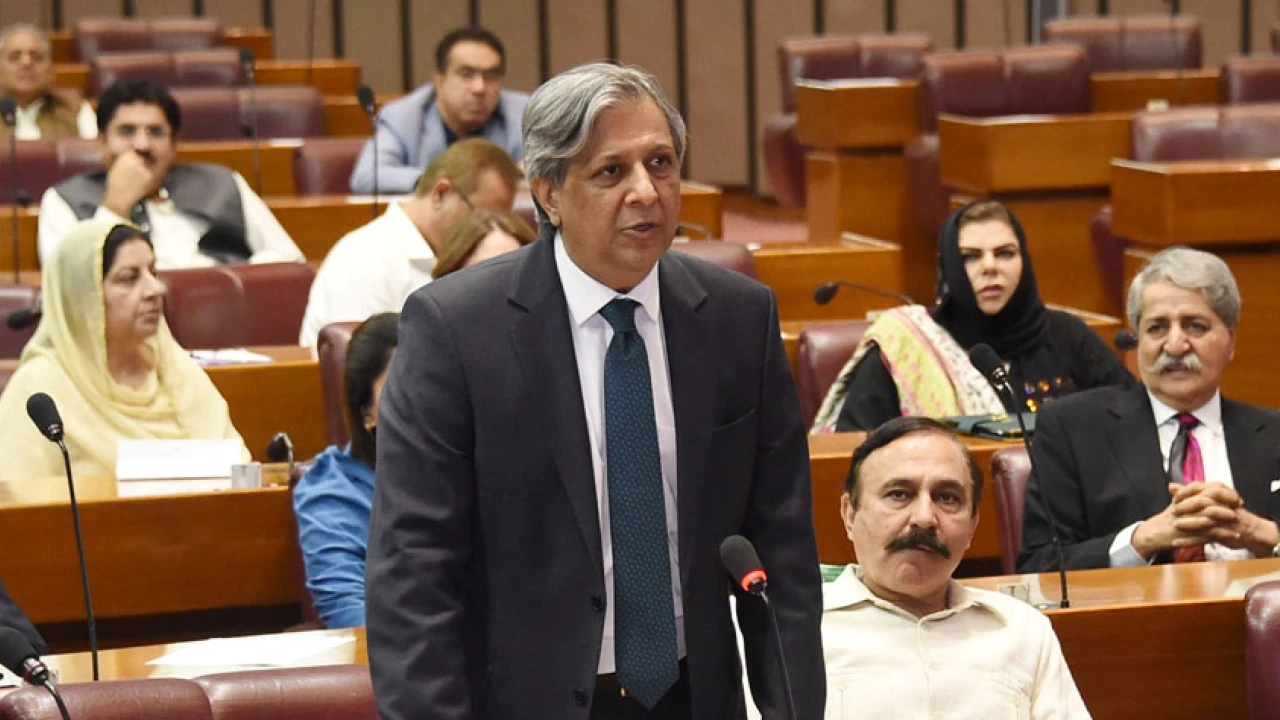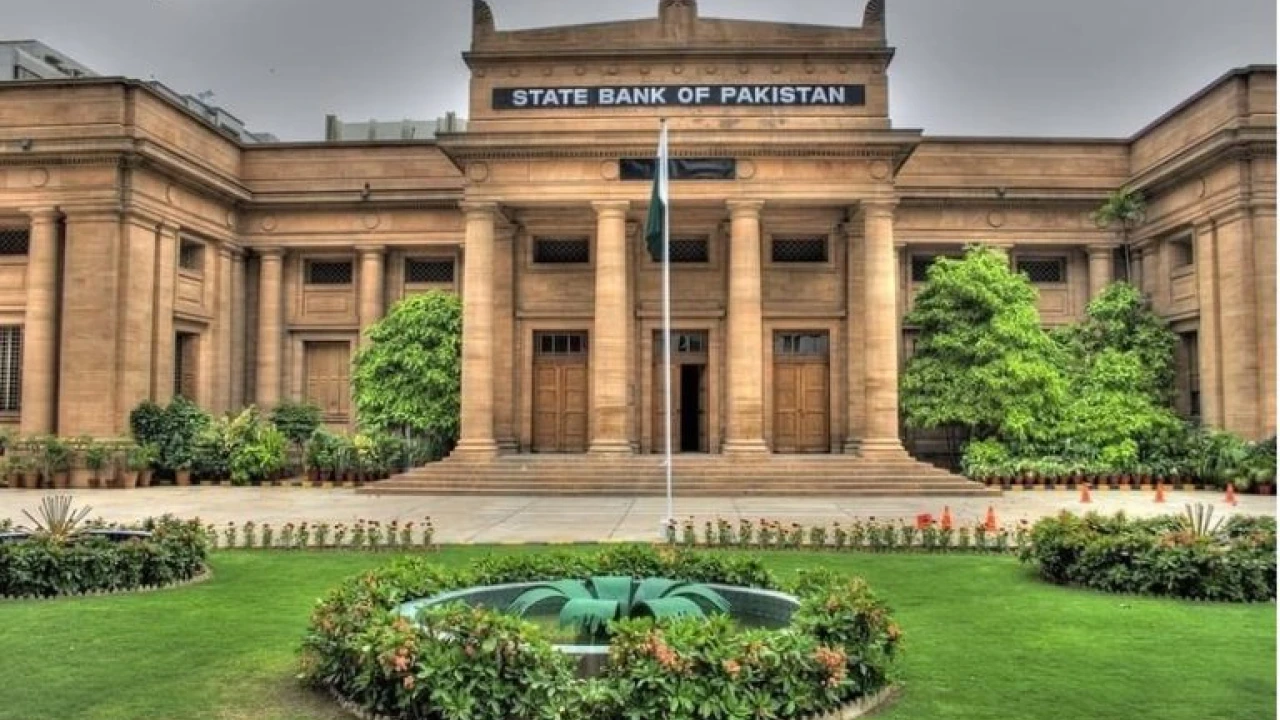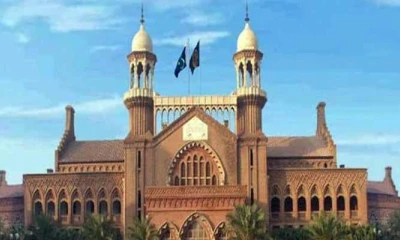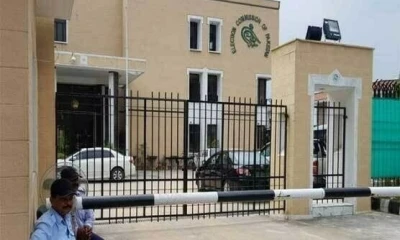Pakistan
They sold democracy, made their own masters: Fazl
The JUI-F chief questions the credibility of the parliament, saying that whether is the house of the elected people or was it managed by the establishment.

Islamabad: Jamiat Ulema-e-Islam (JUI-F) Chief Maulana Fazl-ur-Rehman said that they sold the democracy themselves and made their masters.
“There is a great need to deliberate on this point that where our country is standing today,” said the JUI-F chief while addressing the National Assembly session on Monday.
Maulana Fazl said that they could not run elections campaigns and they could not reach the public.
“Now, as the election is over, there is no threat,” said Maulana Fazl. He also questioned the credibility of the parliament. He stated that the country lacked proper law and order situation during these times.
He asked whether the incumbent parliament belonged to the people or it was managed by the establishment.
“We can’t make even a single law by our own wish,” said Fazl. He said that Pakistan is an unsafe country now, and who is held accountable when a state turns out to be unsafe.
“Who is responsible if Pakistan now is an unsafe country?,” he asked.
This time, he said, the assemblies were put on the sale as per his information. The assemblies were filled with such people who had nothing to do with the ideology of Pakistan, he added.
The JUI-F chief said that he was in the favour of giving permission to PTI to hold public gathering.
He also questioned that where was Pakistan of Quaid-e-Azam Muhammad Ali Jinnah. He went on to say that Pakistan now turned into a secular state.
Pakistan
Meter tampering, gas theft main reasons behind over billing in Balochistan: Tarar
Federal Law Minister Azam Nazeer Tarar says the government is working on this issue to facilitate consumers.

Islamabad: Law Minister Azam Nazeer Tarar said massive meter tampering and gas theft are the main reasons behind over billing and extra service charges in Balochistan, especially in Quetta, by the Sui Gas Company.
Responding to a Calling Attention Notice moved by Haji Jamal Shah Kakar in the National Assembly, the Minister said losses in the Quetta region is around fifty-five percent and the government is working on this issue to facilitate consumers.
The Law Minister also laid the Seed (Amendment) Ordinance, 2024” before the House.
Responding to another Calling Attention Notice, Minister for Parliamentary Affairs Azam Nazeer Tarar informed the House the National Highway Authority has allocated around 960 million rupees for the maintenance and repair of the Chakdara-Upper Dir road.
He said the maintenance work will likely be completed by the end of the next month.
At the outset, the House offered fateha for the departed soul of former Member of the National Assembly Afzal Hussain Tarar, who was also the father of MNA Saira Afzal Tarar.
Business
SBP decides to keep policy rate unchanged at 22 per cent
The Monetary Policy Committee, however, views that the level of inflation is still high.

Karachi: Monetary Policy Committee (MPC) on Monday decided to keep the policy rate unchanged at 22 percent noting that the macroeconomic stabilization measures are contributing to considerable improvement in both inflation and external position, amidst moderate economic recovery.
However, the MPC viewed that the level of inflation is still high. At the same time, global commodity prices appear to have bottomed out with resilient global growth. The recent geopolitical events have also added uncertainty about their outlook.
Moreover, the upcoming budgetary measures may have implications for the near-term inflation outlook.
On balance, the Committee stressed on continuation of the current monetary policy stance to bring inflation down to the target range of 5 – 7 percent by September 2025. Since its last meeting, the MPC noted following key developments. First, data for the first half of FY24 suggests that economic activity is recovering at a moderate pace, led by strong rebound in agriculture sector.
Second, the current account recorded a sizable surplus in March 2024, which helped to stabilize the SBP’s FX reserves despite substantial debt repayments and weak financial inflows. Third, inflation expectations of consumers inched up in April 2024, whereas those for businesses declined. And lastly, leading central banks particularly in advanced economies have adopted cautious policy stance after noticing some slowdown in the pace of disinflation in recent months.
Real Sector
Incoming data continues to support the MPC’s earlier expectation of a moderate recovery in this fiscal year with real GDP growth projected to remain in the range of 2 to 3 percent. Agriculture sector remains the key driver with robust 6.8 percent growth in H1-FY24. This outcome was supported by significant increase in rice, cotton, maize and wheat harvests, according to the latest official estimates. In the industrial sector, largescale manufacturing reported a 0.5 percent decline in July-February FY24 compared to 4.0 percent contraction recorded in the same period last year. In the services sector, the Committee noted that the growth in H1 was slightly lower than expected, reflecting the impact of subdued demand. Based on relatively improved capacity utilization and business sentiments, as well as low base-effect from last year, the MPC expects value-addition from manufacturing and services sectors to recover in the coming months.
External Sector
The current account has turned out better than expected, recording a sizable surplus of $619 million in March 2024, mainly owing to the Eid-related surge in workers’ remittances. Cumulatively, the current account deficit narrowed by 87.5 percent to $0.5 billion during July-March FY24 as compared to the same period last year. Exports continue to exhibit steady growth – led by rice – while imports have decreased in the wake of better domestic agriculture output and moderate economic activity. This reduction in the current account deficit – amidst weak financial inflows – allowed SBP to make sizable debt repayments, including that of a $1 billion Eurobond, while sustaining the SBP’s FX reserves around $8.0 billion. The MPC emphasized that a further build-up in FX buffers is essential to enhance the country’s ability to effectively respond to external shocks and support sustainable economic growth.
Fiscal sector
In line with fiscal consolidation efforts, the primary surplus increased to 1.8 percent of GDP during July-January FY24 from 1.1 percent in the same period last year. This improvement is mainly led by continuous increase in revenue collection and some restrain on non-interest expenditures. Sizeable increase in both tax and non-tax revenues largely reflects the impact of taxation measures and ongoing economic recovery. The interest payments, however, have increased due to high debt levels and the government’s reliance on expensive domestic borrowing. As a result, the overall deficit increased to 2.6 percent of GDP during July-January FY24 from 2.3 percent in the same period last year. The MPC reiterated that continuation of fiscal consolidation, particularly through broadening the tax base and reducing losses of public sector enterprises, is essential for price stability and durable economic growth.
Money and credit
The broad money (M2) growth increased to 17.1 percent y/y in March 2024 from 16.1 percent in
February 2024. In the same period, reserve money growth increased to 10 percent from 8.2 percent. The increase in M2 was primarily attributed to expansion in net foreign assets on the back of improved FX reserves and increased net budgetary borrowing from commercial banks.
On the other hand, private sector credit continues to show a broad-based deceleration. The MPC viewed that the recent growth in monetary aggregates is expected to decelerate in the coming months, and this has already started to reflect in the latest data. Moreover, the MPC viewed that the underlying compositional changes in M2 will have positive impact on the inflation outlook.
Inflation outlook
In line with the MPC’s expectations, inflation has continued to moderate noticeably in H2-FY24.
Headline inflation in March declined to 20.7 percent y/y from 23.1 percent in February. In the same period, core inflation fell significantly to 15.7 percent from 18.1 percent in February. Besides the coordinated tight monetary and fiscal policy response, other factors that have led to this favorable outcome include lower global commodity prices, improved food supplies and high base effect. The Committee views inflation to continue to remain on downward trajectory. However, the Committee also noted that this inflation outlook is susceptible to risks emanating from the recent global oil price volatility along with bottoming out of other commodity prices; potential inflationary impact of resolution of circular debt in the energy sector; and tax rate-driven fiscal consolidation going forward. Cognizant of these risks, the Committee assessed that it is prudent to continue with the current monetary policy stance at this stage, with significant positive real interest rates.
-

 Regional 1 day ago
Regional 1 day agoHow JoJo Siwa’s “rebrand” got so messy
-

 Technology 16 hours ago
Technology 16 hours agoEken fixes ‘terrible’ video doorbell issue that could let someone spy on you
-

 Sports 2 days ago
Sports 2 days agoFifth T20I: New Zealand elect to bowl first against Pakistan
-

 Sports 1 day ago
Sports 1 day agoGillespie to coach Pakistan in red-ball cricket, Kirsten in white-ball cricket
-

 Pakistan 12 hours ago
Pakistan 12 hours agoRain, hail expected in Punjab, KP today
-

 Sports 2 days ago
Sports 2 days agoReggie Bush's restored Heisman a natural progression in new college sports world
-

 Pakistan 1 day ago
Pakistan 1 day agoRamon Magsaysay Award Foundation delegation meets Punjab governor
-

 Pakistan 7 hours ago
Pakistan 7 hours agoDriving license exclusively for students





















